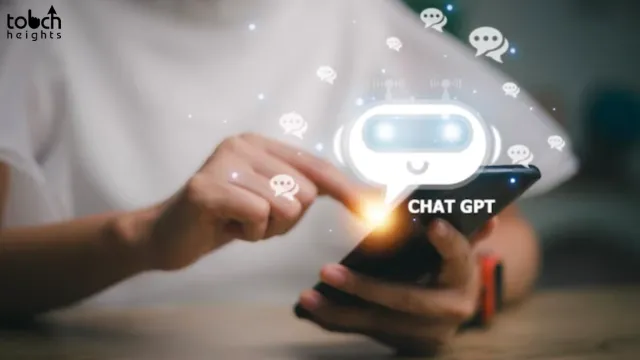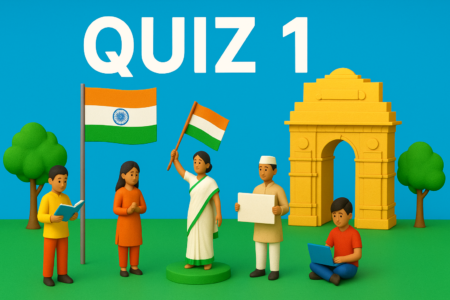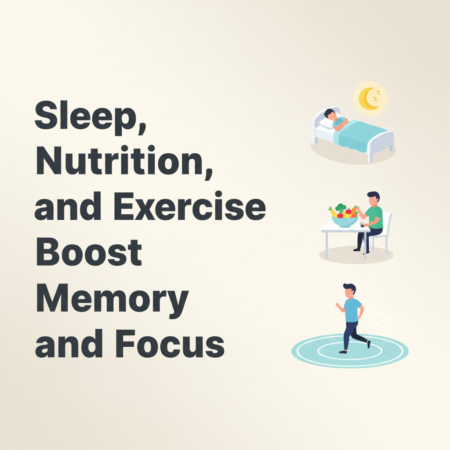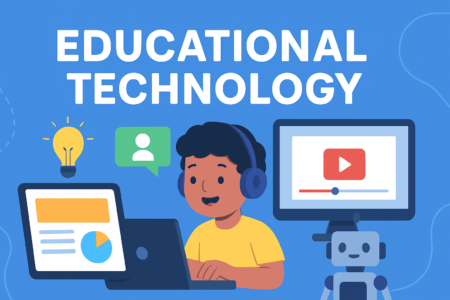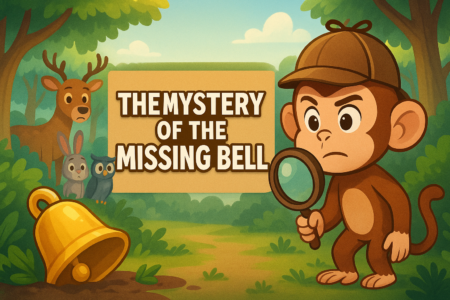Teachers became concerned when the business OpenAI released ChatGPT, a new artificial intelligence program, in the latter half of 2022. ChatGPT could produce text that appeared to have been written by a person. How might teachers tell if their pupils were falsifying written assignments by utilizing language produced by an AI chatbot?
In my experience as a linguist who researches how technology affects how people read, writes, and think, there are other, equally urgent issues besides cheating. These include whether writing abilities among students are at risk from AI in general, the worth of writing as a process, and the significance of viewing writing as a means of thinking.
I conducted a poll of young adults in the US and Europe about a variety of topics linked to those impacts as part of my research for my new book on the effects of artificial intelligence on human writing. They expressed a long list of worries about how AI technologies may be detrimental to their work as authors. But as I point out in my book, these worries have been building for a while.
Users experience adverse consequences
The most recent in a line of AI algorithms for creating or modifying text are tools like ChatGPT. In truth, it has been decades in the making, and AI can undermine both writing abilities and drive to perform your own producing.
Among the most well-known AI-driven editing tools are spellcheckers and modern grammar and style software like Grammarly and Microsoft Editor. They suggest another phrasing while also identifying grammar mistakes and fixing spelling and punctuation.
Predictive texting and autocomplete for web searches are recent breakthroughs in AI text production. If you type “Was Rome” into Google, you’ll see results like “Was Rome created in a day.”

You may choose between “please” and “plenty” when you text “ple.” Without our permission, these tools insert themselves into our writing projects and persistently urge us to take their advice.
In my polls, young adults expressed appreciation for AI’s help with spelling and word completion, but they also mentioned several drawbacks. According to one study respondent, “If you depend on a predictive text [software], you’re going to lose your spelling talents at some time.” Another said that “those who wish to take an easier way out should utilize spellcheck and AI software.”
When using predictive texting, one responder highlighted being lazy: “It’s OK when I am feeling extremely lazy.”
Decreased ability to express oneself
Writing voice can also be impacted by AI techniques. Predictive texting, according to one respondent in my poll, “[I] don’t feel I wrote it.”
When discussing Grammarly, a high school student in Britain expressed a similar worry regarding individual writing style: “Grammarly can eliminate pupils’ artistic expression. Grammarly may take it away from students by proposing significant alterations to their writing, preventing them from utilizing their distinctive style.
Similar to this, philosopher Evan Selinger was concerned that the efficacy of writing as a form of mental exercise and self-expression was being diminished by predictive texting.

Predictive technology “may quietly influence how we connect with one other by urging us not to think too hard about our words,” Selinger stated.
We offer less of ourselves to others and more algorithms. We can cease thinking while we’re using automation.
Writing has long been recognized as a means of fostering critical thought in literate communities. Flannery O’Connor, a writer, once said, “I write because I don’t know what I think until I read what I say. This feeling has also been expressed by several other great writers, including Joan Didion and William Faulkner. We lose the chance to solve problems on our own if AI text creation writes our texts for us.
Difficulties in schools
When completing writing tasks for school, there should ideally be constant communication between the teacher and the student: Discuss the student’s desired topic for the essay. Share early versions and solicit feedback. The learner will then need to reconsider and rewrite. However, this habit is frequently absent. The majority of educators lack the time necessary to fulfill a combined editorial and teaching function. In addition, they could be lacking in both interest and required abilities.
Conscious students occasionally take up parts of the process themselves, just like professional authors do. But it’s all too easy for individuals to choose pre-made technological outcomes over possibilities for thought and learning because of the temptation to rely on editing and text-generating programs like Grammarly and ChatGPT.
Losing the feeling of ownership
However, the line between cooperation and intrusion is thin. The author Jennifer Lepp acknowledges that the prose she produced “didn’t seem like mine anymore” as she depended more and more on Sudowrite. Looking back on what I had written and not feeling a connection to the words or concepts was unsettling.
Students are less likely than more experienced writers to know when to use a writing aid and when to allow an AI text generator to dictate their style and substance.

I predict that as technology advances and spreads, educators will work to inform pupils about the advantages and disadvantages of generative AI.
However, it might be difficult to resist using AI to improve a writing project or to perform much of the writing for you due to the allure of efficiency. Programs like to autocomplete, spellcheck, and grammar check have already prepared the path.

